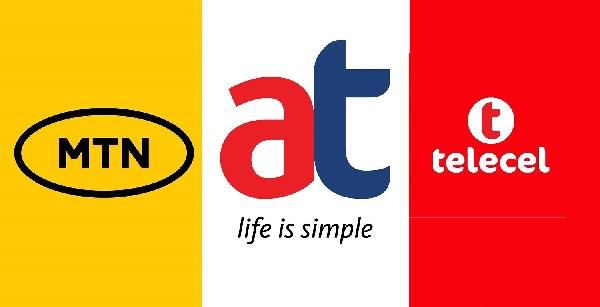
The Chief Executive of Ghana Interbank Payment and Settlement Systems (GhIPSS), Archie Hesse has welcomed the government's decision to extend the use of the technology to cover all public sector employees, at no fee to the workers.
He said his institution was more than capable of handling it and described the move as a step in the right direction.
The Vice President, Alhaji Dr Mahamudu Bawumia, at the launch of the Ghana Dual Card, in Accra last week, explained that the e-zwich would only be used as a filter to pay workers.
This means that workers will continue to receive their salaries into their bank account as it has always been.
The only difference is that every worker will be required to get an e-zwich card from the financial institution where they currently receive their salaries.
The card will then be linked to their bank account. The biodata collected through the e-zwich card, will be used to audit the payroll to weed out cases of multiple payments.
The payment process through the e-zwich system will come at no cost to the public sector worker, since all salaries will be paid directly into bank accounts.
Mr Hesse said GhIPSS is wholly owned by the Bank of Ghana and it was purposely set up to modernise the country's payments system.
"It is the institution that manages the country's payment infrastructure and has been behind all the major electronic payment services such as the 'triple' mobile money interoperability which interconnects mobile money wallets, bank accounts and e-zwich, the first of its kind in the world," he said.
It is also the provider of the Instant Pay service, gh-link, the electronic clearing of cheques and Automated Clearing House (ACH) among others.
The e-zwich runs on biometric technology that uniquely identifies each individual and it is therefore effective in detecting and deleting duplications on payrolls.
This implies that anyone whose biodata including fingerprints appear more than once on government payroll, will be detected and removed. Also, people who do not exist cannot be enrolled and issued with the biometric e-zwich card.
Government's first major savings from using e-zwich occurred at the National Service Secretariat in 2014,where some 140 million Ghana cedis was realised, after ghost names were detected and cleared from the payroll. Subsequent savings have been made from other initiatives.
The decision by the current government to resume payments of trainee nurses and teachers'allowances and doing so on e-zwich cards, also saved government lots of money that could have gone to 'ghost' trainees.
The huge savings made in just few areas is a major pointer to how much more government can save if the e-zwich technology is applied across government payroll.
However unlike the National Service, students loan and the various social interventions, salaries of public sector workers will not be paid onto their e-zwich card.
Read Full Story









![Burkina Faso celebrates as Ibrahim Traore unveils made-in-Africa electric buses [Video]](https://sportal365images.com/process/smp-images-production/pulse.com.gh/11062025/8558c966-4f8d-4f59-bd16-80956686e33d.png)












Facebook
Twitter
Pinterest
Instagram
Google+
YouTube
LinkedIn
RSS